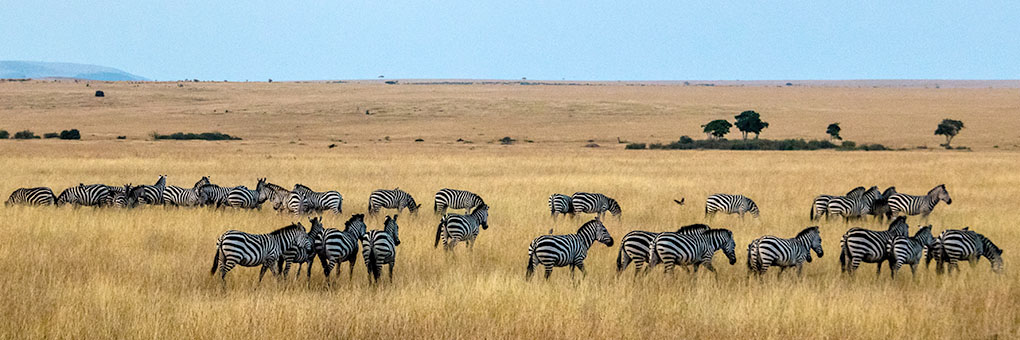It’s finally here! Travel + Leisure relaunched its Global Vision Awards for the first time since 2014 as a platform to draw attention to and celebrate the companies, people, and places taking strides to develop more sustainable and responsible travel products, practices, and experiences. Not only are they demonstrating thought leadership and creative problem-solving, they are taking actionable, quantifiable steps to protect communities and environments around the world.
What’s more, they are inspiring their industry colleagues and travelers to do their part.
The list of honorees is a result of nominations drawn from an esteemed panel of experts across the travel, hospitality, and sustainability industries. Those nominations were then narrowed to a select list of finalists vetted by Travel + Leisure. Kind Traveler is honored to be included amongst the list.
From eco-warriors to sustainable trailblazers, Kind Traveler is highlighting 11 (of 24) 2020 Global Vision Award honorees whose dedication to sustainability, conservation, and ethical environmental practices deserve special attention.
Here’s a look at the full list of 2020 Global Vision Award Winners:


